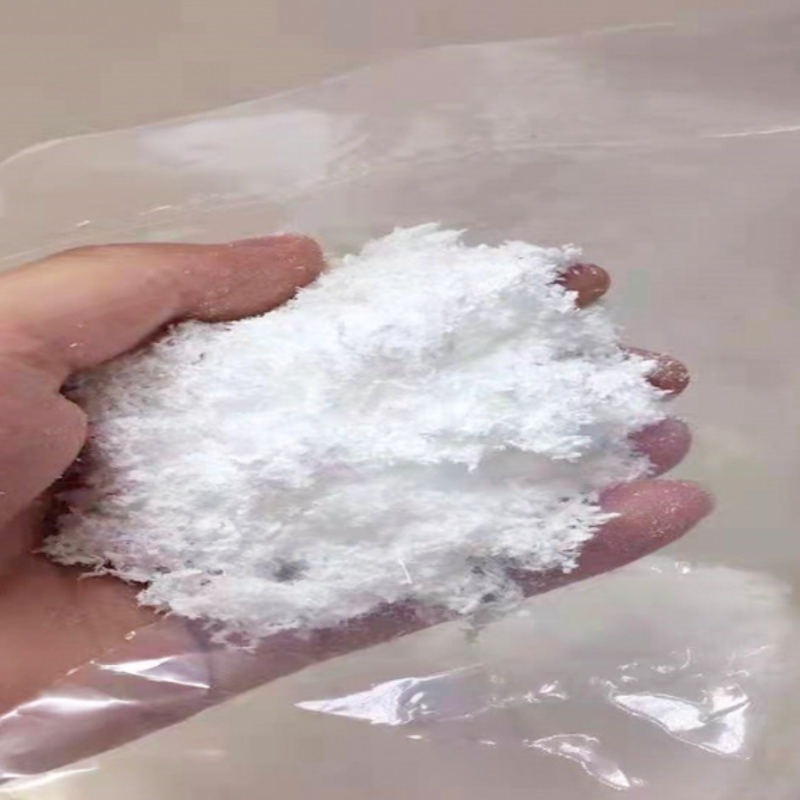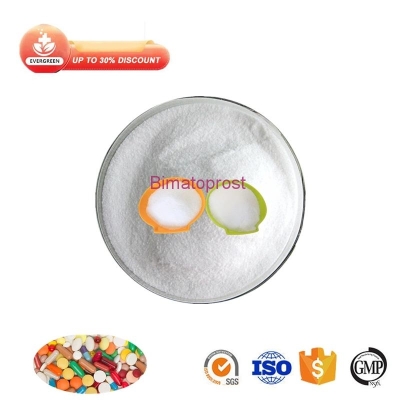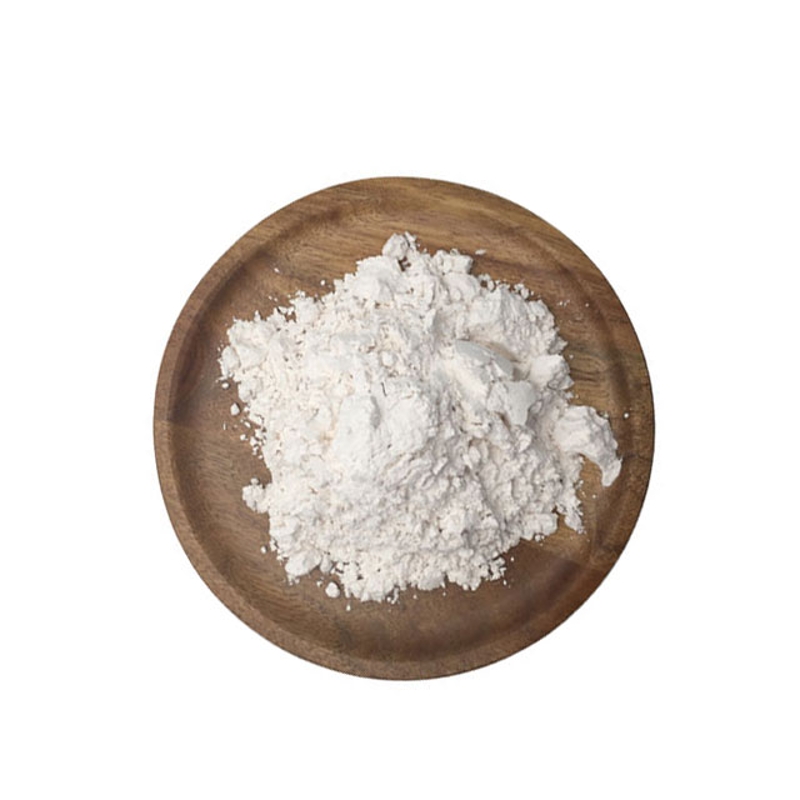-
Categories
-
Pharmaceutical Intermediates
-
Active Pharmaceutical Ingredients
-
Food Additives
- Industrial Coatings
- Agrochemicals
- Dyes and Pigments
- Surfactant
- Flavors and Fragrances
- Chemical Reagents
- Catalyst and Auxiliary
- Natural Products
- Inorganic Chemistry
-
Organic Chemistry
-
Biochemical Engineering
- Analytical Chemistry
- Cosmetic Ingredient
-
Pharmaceutical Intermediates
Promotion
ECHEMI Mall
Wholesale
Weekly Price
Exhibition
News
-
Trade Service
*Only for medical professionals to read and refer to the latest research published by Chinese scholars in 2021.
For patients with type 2 diabetes who are admitted to the ICU due to acute kidney injury (AKI), the application of metformin can reduce the risk of death
.
Metformin has always been the first-line treatment for type 2 diabetes.
The 2020 edition of the "Guidelines for Prevention and Treatment of Type 2 Diabetes in China" [1] clearly pointed out that life>
.
If there are no contraindications, metformin should always be kept in the treatment plan for type 2 diabetes
.
Because metformin has a good hypoglycemic effect, a variety of potential benefits other than hypoglycemic effects, superior cost-effectiveness ratio, good drug accessibility, rich clinical experience, etc.
, and its safety is good, and it does not increase hypoglycemia.
Risk and no liver and kidney damage
.
However, for patients with renal insufficiency, whether to keep metformin in the treatment plan has always been controversial
.
The 2020 edition of "Guidelines for the Prevention and Treatment of Type 2 Diabetes in China" pointed out that biguanides should be contraindicated in patients with renal insufficiency [Sera creatinine level>132.
6μmol/L (1.
5mg/dl) for men and >123.
8μmol/L (1.
4mg/dl) for women )]
.
However, the newly published study suggests that patients with an average baseline creatinine level of 1.
5 ± 1.
5 mg/dl were still treated with metformin at the time of admission and benefited from a reduced risk of death
.
-1-Metformin can reduce the risk of death in patients with acute kidney injury (AKI) and diabetes.
Acute kidney injury (AKI) is a major public health problem.
Patients with chronic kidney disease (CKD) may progress to AKI, and patients with normal renal function may also progress acutely.
As AKI, more than half of intensive care unit (ICU) patients will develop acute kidney injury AKI
.
So far, effective prevention and treatment strategies for AKI are still limited
.
A number of previous studies have shown that the application of metformin can reduce the mortality of patients with kidney disease [2, 3]
.
So does this benefit exist in AKI patients? This study led by Chinese scholars included patients with AKI and type 2 diabetes in the Intensive Care Medical Information Database (MMIC) [4]
.
Compare the 30-day mortality, neutrophil lymphocyte ratio (NLR), and length of hospital stay in patients taking and not taking metformin [4]
.
Research data: 4328 patients with both AKI and type 2 diabetes were included.
The use of metformin was defined as a record of metformin use in the "inpatient medication" of the database
.
At baseline, 998 cases were treated with metformin and 3330 cases were not treated with metformin
.
The kidney baseline indicators worthy of attention in the two groups are as follows
.
Research results: At the time of admission, the NLR of metformin users was lower than that of non-metformin users (7.
4vs8.
1, P=0.
08), and the length of hospital stay was significantly shorter (7.
8 days vs8.
2 days, P=0.
022)
.
The overall 30-day mortality rate of the enrolled patients was 14.
2% (613/4328), and the mortality rates of non-metformin and metformin users were 15.
7% (523/3330) and 9.
0% (90/998), respectively
.
The 30-day use of metformin reduced the mortality by 37% (hazard ratio 0.
63, 95% confidence interval 0.
50 to 0.
80, P<0.
0001, Figure 1)
.
Researchers believe that the use of metformin may be related to the reduced risk of death in patients with AKI and type 2 diabetes
.
Figure 1 Analysis of the reduced risk of death in type 2 diabetic patients with AKI after applying metformin.
The reason for the benefit of metformin in type 2 diabetic patients with AKI may be related to the following factors [4]: Metformin is associated with lower NLR, which is systemic As a marker of inflammation, lower NLR is associated with a lower risk of death in patients with AKI
.
Metformin can improve autophagy and mitochondrial function in diabetic patients, and reduce inflammation by down-regulating pro-inflammatory cytokines (such as IL-6 and TNF-α)
.
Metformin may play a potential role in antibacterial therapy
.
Laboratory tests have shown that metformin is effective against a variety of pathogens, including Trichinella spiralis, Staphylococcus aureus, Pseudomonas aeruginosa, hepatitis B virus, hepatitis C virus and human immunodeficiency virus.
The antibacterial effect of metformin can explain its serious illness Beneficial effects in patients
.
Metformin may affect the gut microbiota and may benefit patients
.
-2-Metformin may be beneficial to patients with diabetes and CKD of different stages.
This new study suggests that for patients with type 2 diabetes who are admitted to the ICU due to AKI, the application of metformin can reduce the risk of death
.
Combined with previous studies and analysis, due to its multiple mechanisms of action, metformin may be beneficial to patients with diabetes and CKD of different stages.
For example, metformin has already shown the following benefits in some kidney disease patients: a multicenter cohort [5] suggests that Compared with patients receiving metformin treatment, CKD patients receiving metformin treatment [estimated glomerular filtration rate (eGFR) 30~60ml/min/1.
73m2] have a lower mortality rate
.
In patients with type 2 diabetes with eGFR<60ml/min/1.
73m2, creatinine ≥1.
4mg/dl (women) or ≥1.
5 mg/dl (women) with single-agent therapy, compared with sulfonylureas, metformin therapy is more A lower risk of adverse cardiovascular events is associated with [6]
.
A retrospective study [2] suggested that the use of metformin in patients with advanced CKD, especially CKD3b, can reduce the risk of all-cause death and end-stage renal disease (ESRD) events
.
In addition, metformin does not increase the risk of lactic acidosis
.
These studies indicate that metformin may be beneficial to patients with diabetes and CKD of different stages
.
The applicable population of the "magic medicine" for diabetes may be wider than we know
.
References: [1] Diabetes Branch of Chinese Medical Association.
Chinese Journal of Diabetes.
2021;13(4):315-409.
[2]Crowley MJ, et al.
Ann Intern Med 2017;166(3):191–200 .
[3]Kwon S, et al.
Diabetes Care 2020;43(5): 948–55.
[4]Yang Q, et al.
J Crit Care.
2021, 62: 206-211.
[5]Roussel R.
Arch Intern Med 2010;170(21):1892.
[6]Roumie CL, et al.
JAMA 2019; 322(12):1-11.
-End-"This article is only used to provide scientific information to medical and health professionals , Does not represent the position of the platform" for submission/repost/business cooperation, please contact: pengsanmei@yxj.
org.
cn







